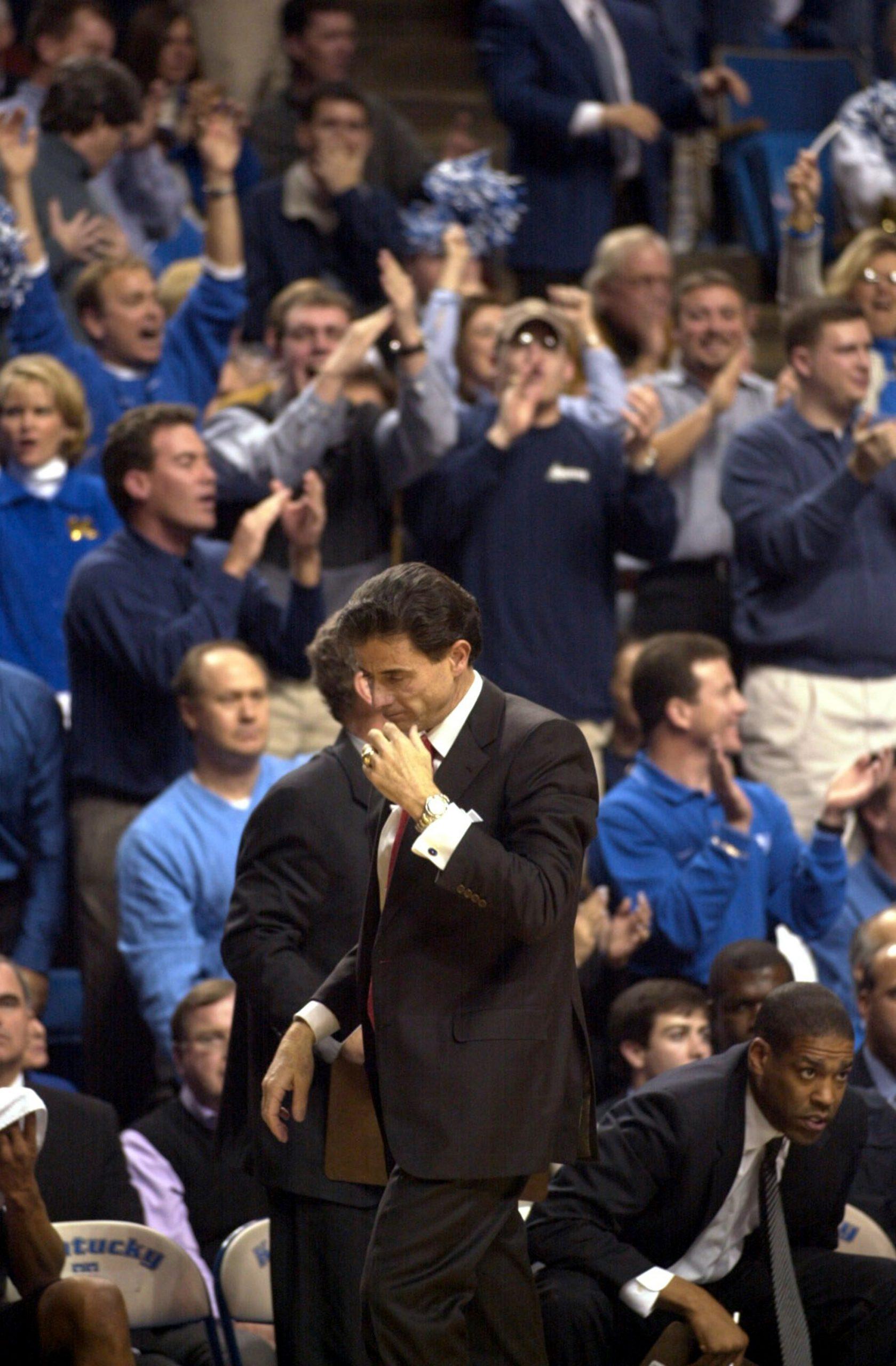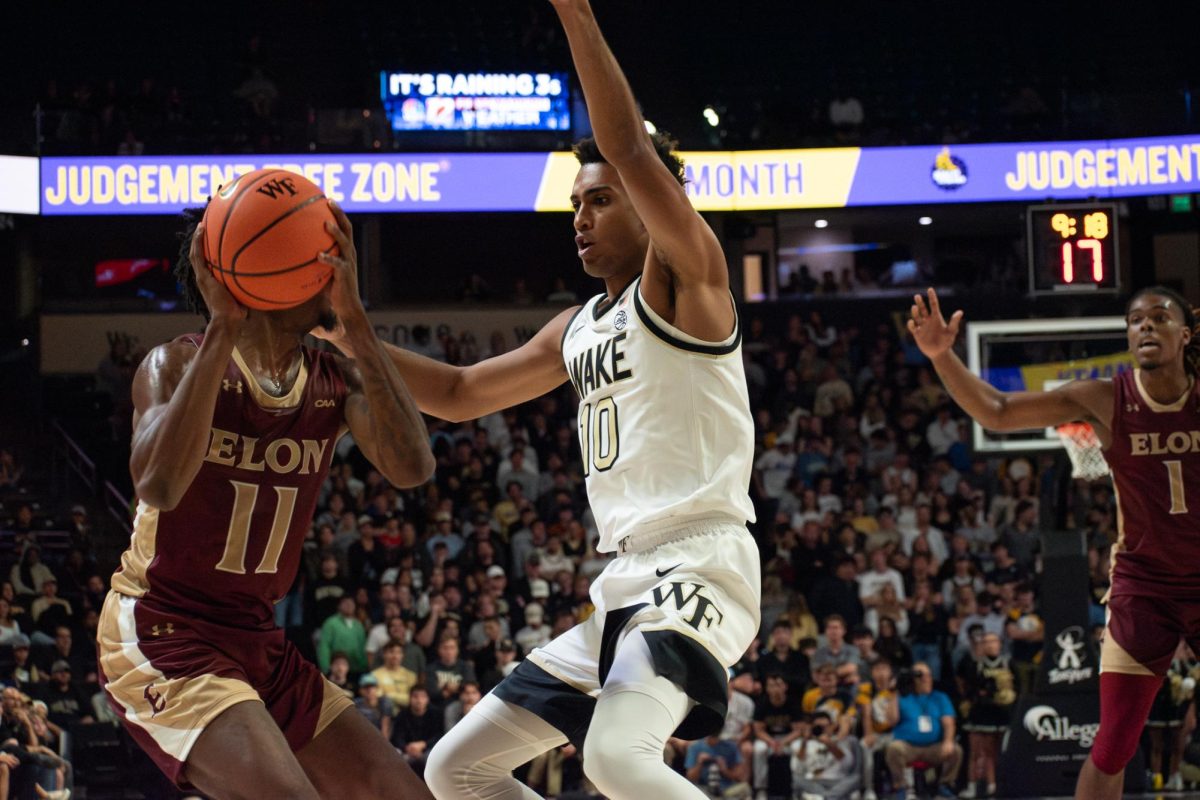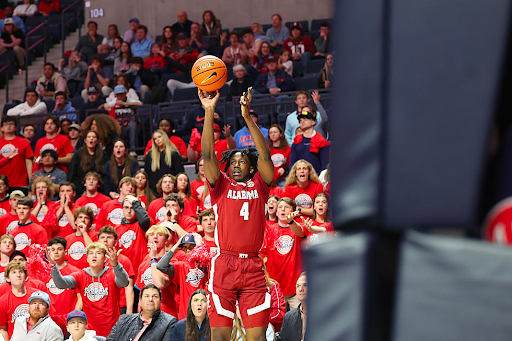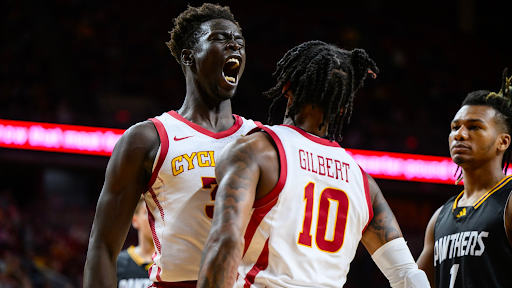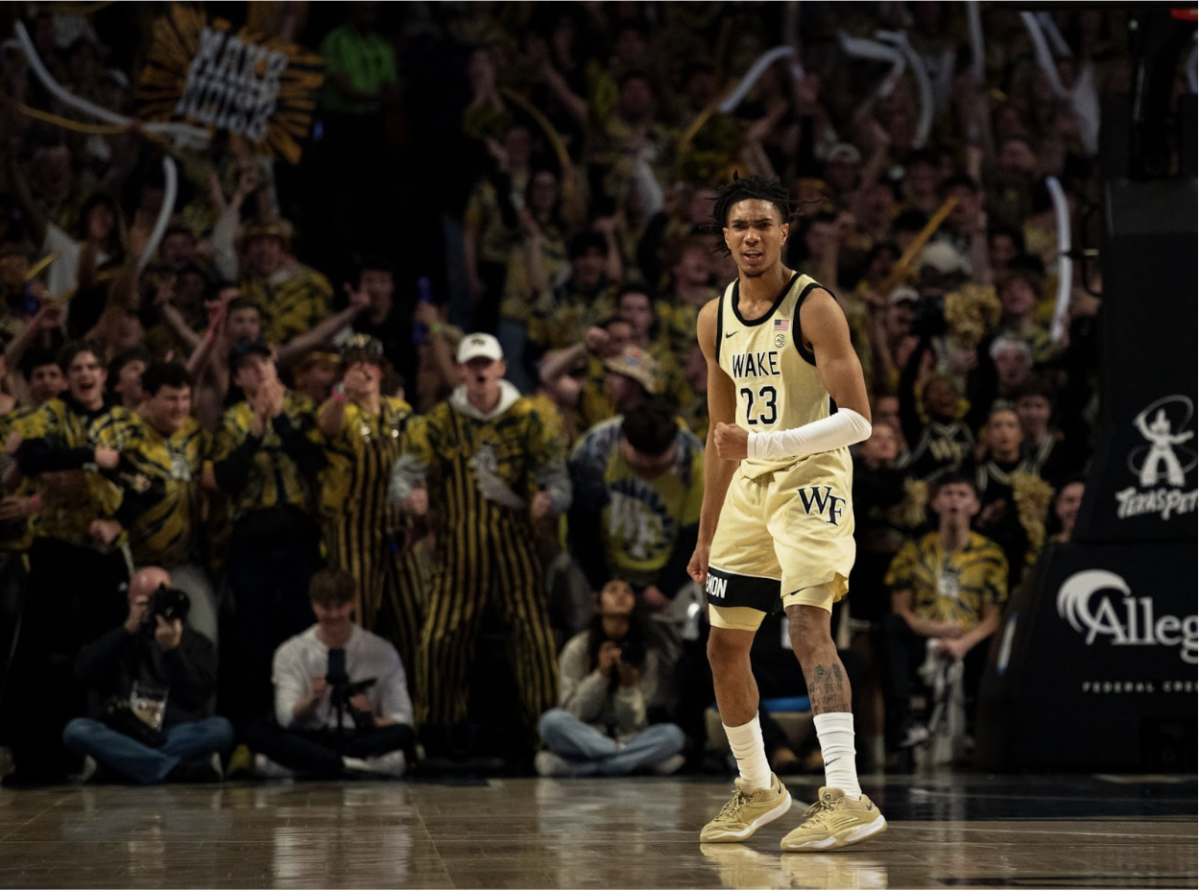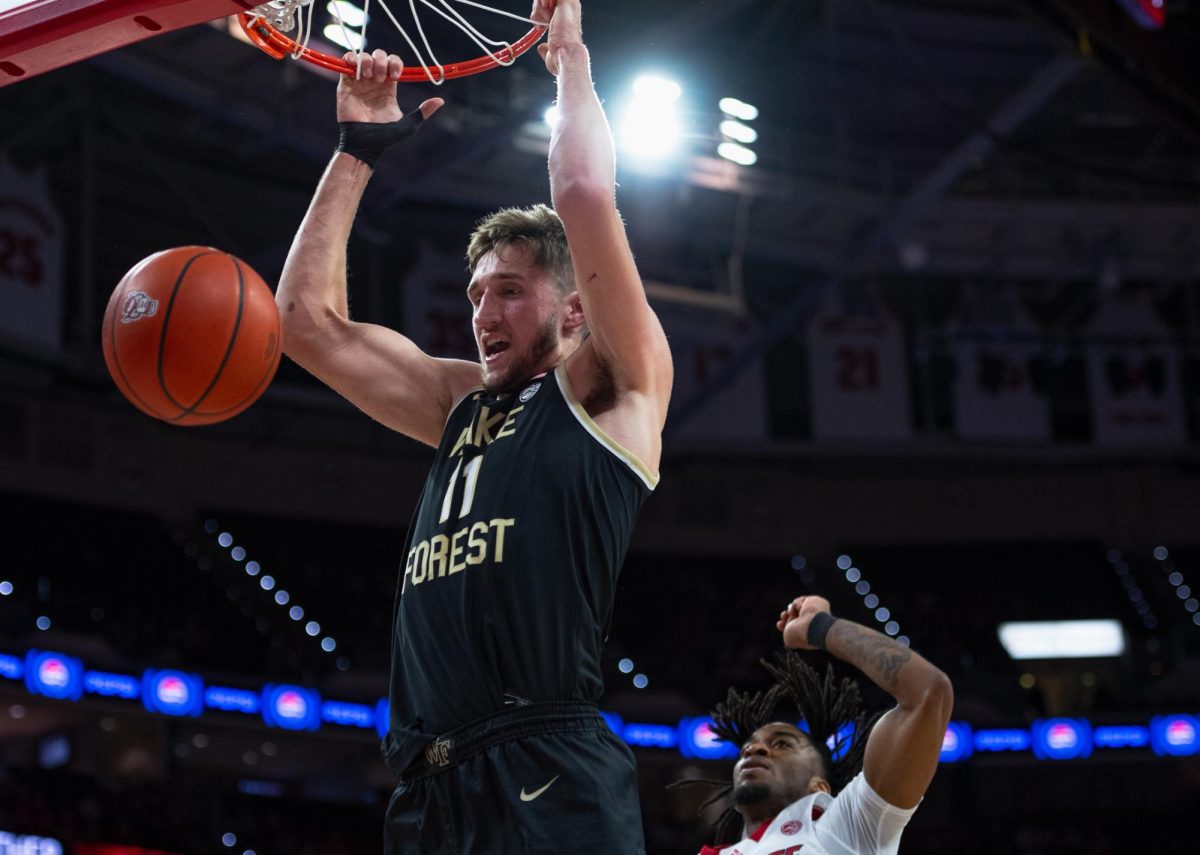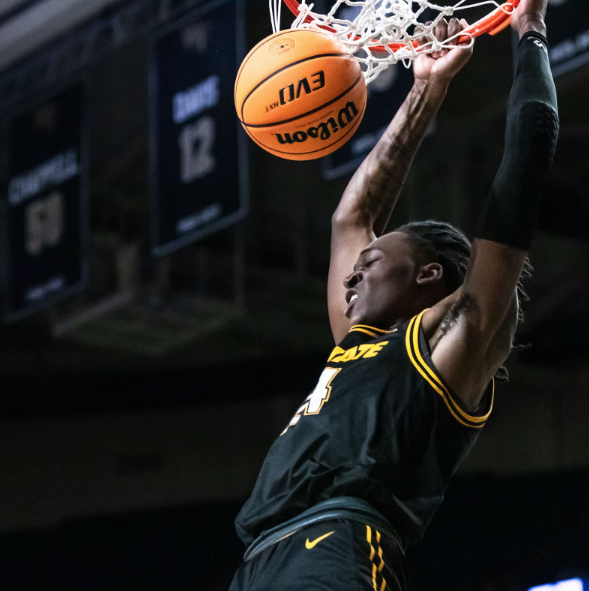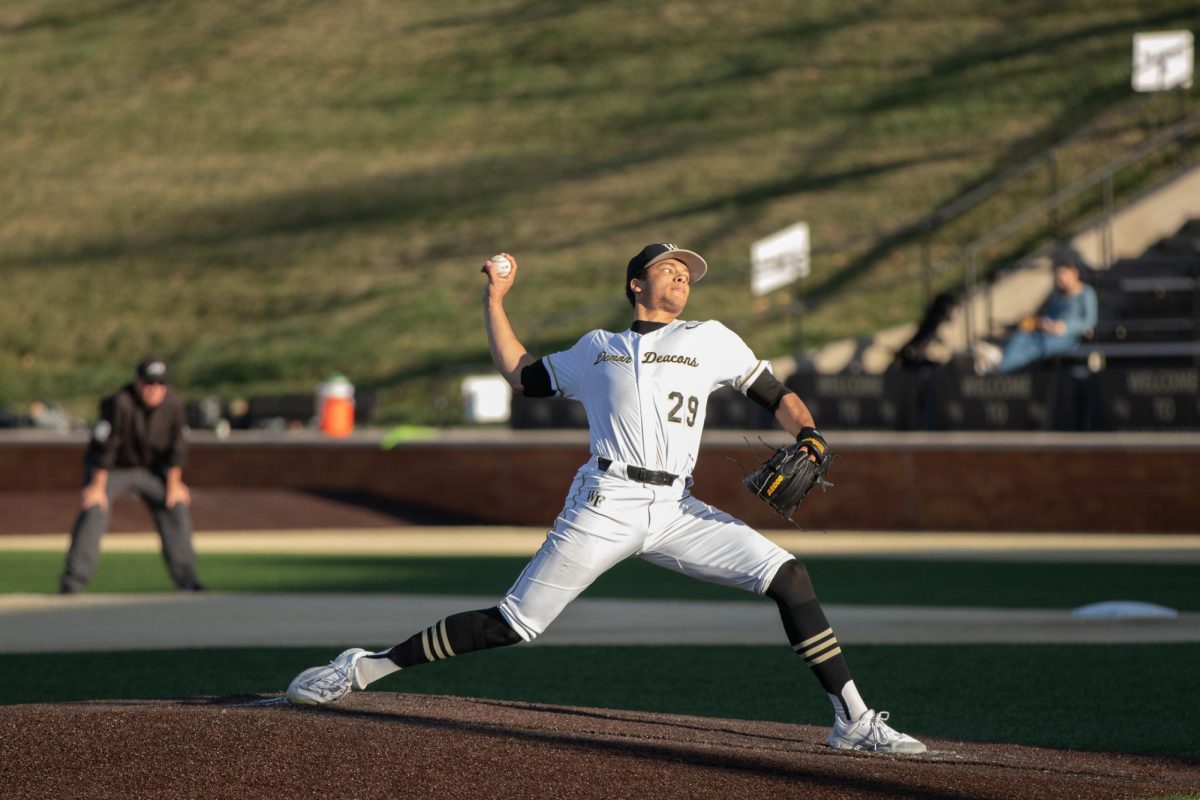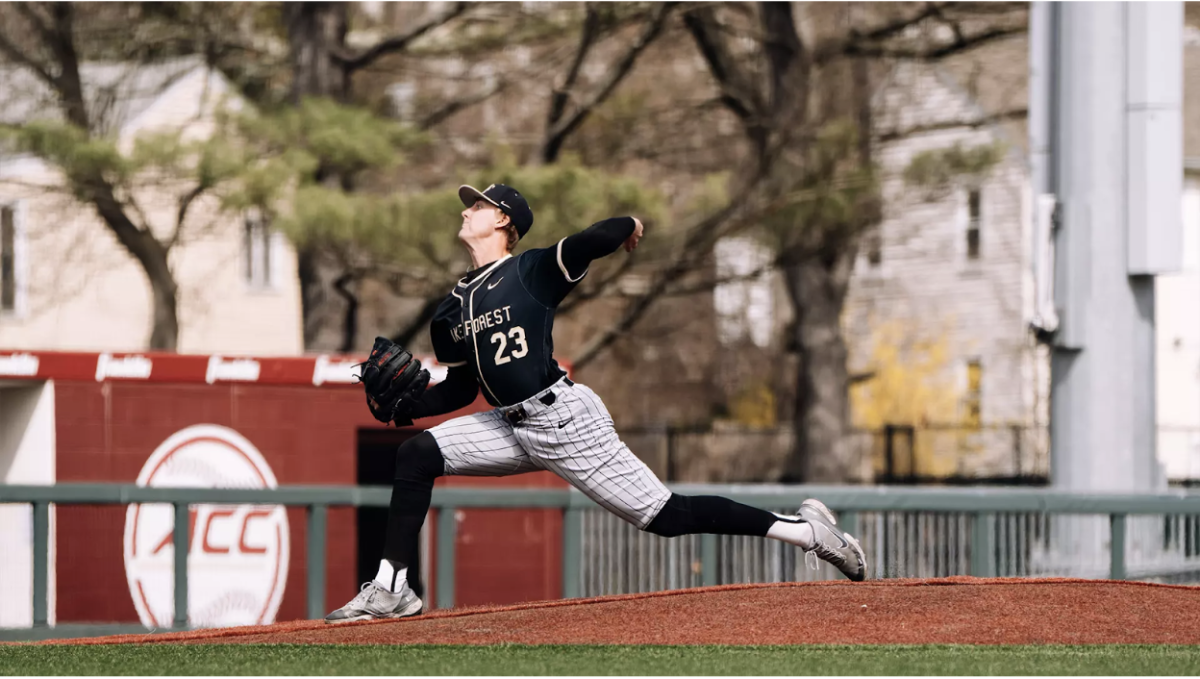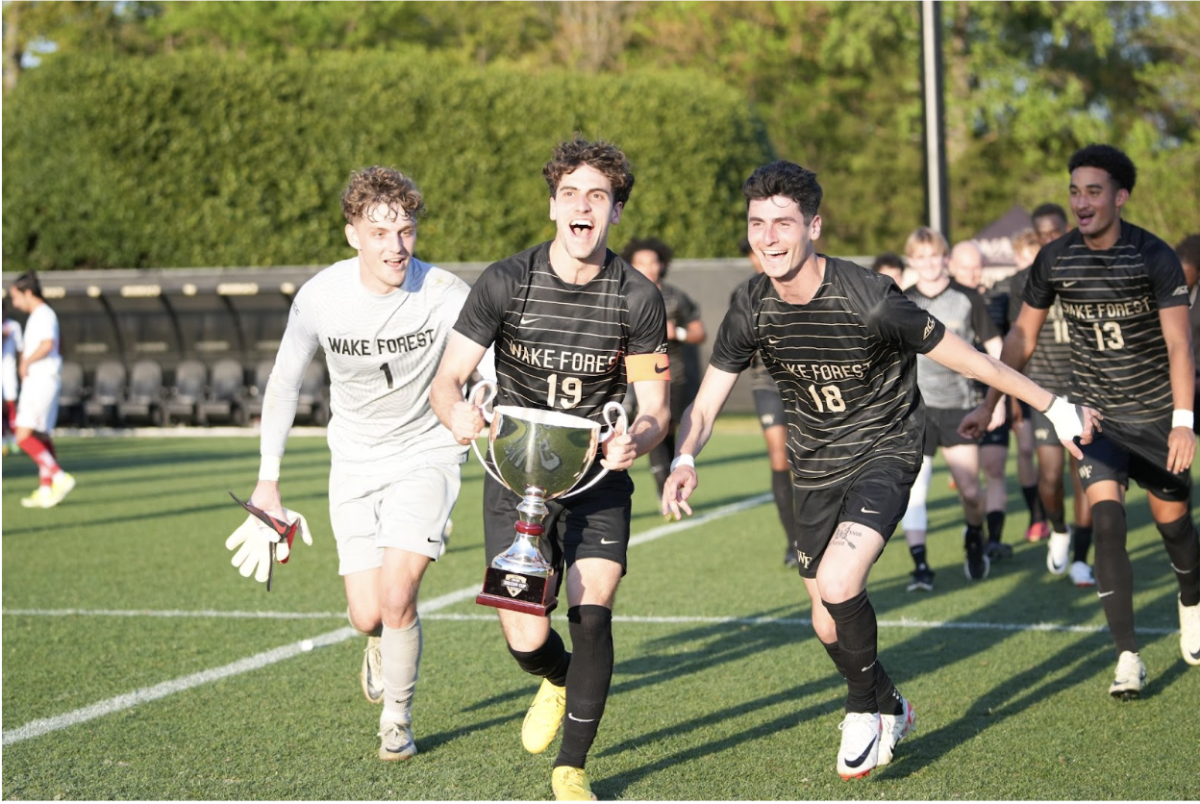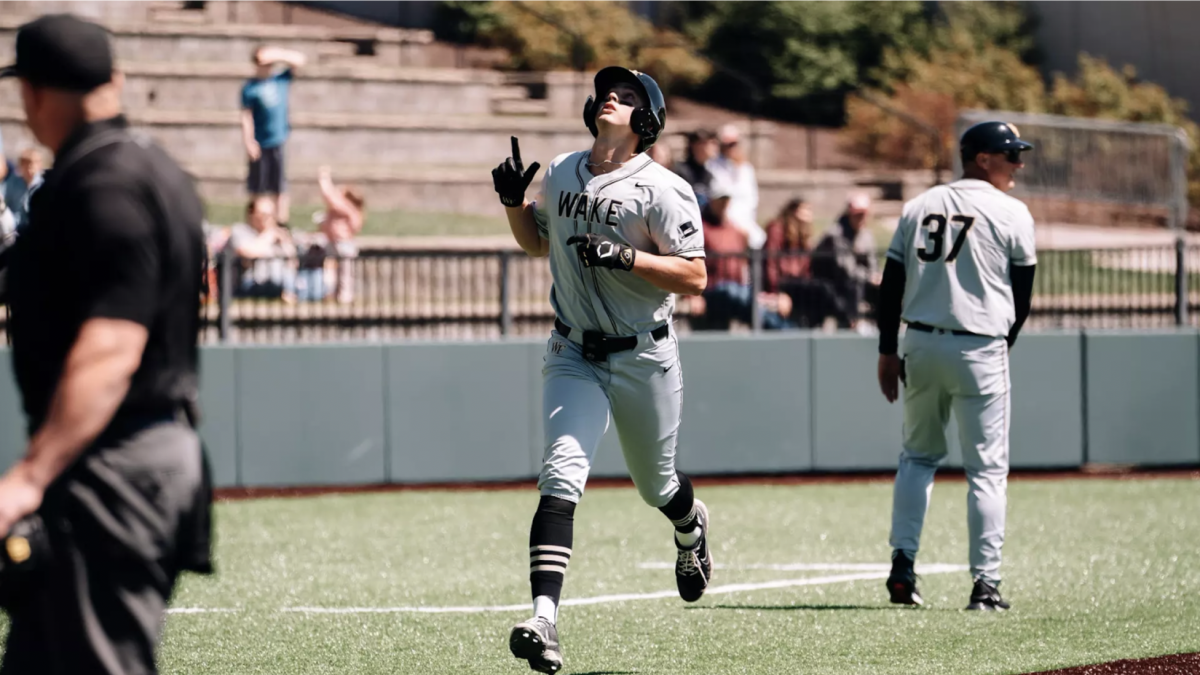After findings from an FBI investigation on college basketball bribes went public this past week, the whole college basketball world was in shock.
The allegations involved four power five assistant coaches and Adidas. Illegal recruiting practices have always been a recurring issue for the NCAA, and this underlying truth of college basketball was exposed on a new scale. This time it involved a big shoe brand, Adidas, paying of hundreds of thousands of dollars in bribes in exchange for commitments from recruits. This added another layer to the increasingly tense debate about college athletes receiving money and sponsorship.
College basketball and college football programs rake in a ton of money from deals with sponsor and both national and international TV contracts. TV networks, schools, shoe brands and the NCAA are all benefitting from the huge stream of revenue that both sports generate. College basketball has grown to proportions never seen before in recent years as a result.
For example, I remember watching Kris Jenkins’ game-winner against North Carolina in the 2016 national championship and just a few minutes later, the game was already in the national trending topics on Twitter. You may think that’s normal for an NCAA championship.
Well the only problem is that the national trending topics I was referring to were not the U.S trending topics. I was in Brazil. Even there, Twitter exploded with people talking about this U.S. game.
Student-athletes are awarded full-scholarships covering their academic and personal expenses in college. Is this enough for players who generate millions of dollars of revenue each year? Especially for the star players who are the face of the league, is that enough?
Clearly, top recruits are more valuable to basketball programs than ever before. Otherwise, Adidas executive Jim Gatto would not have taken the risk of these bribes, which, according to FBI findings, persuaded basketball players to commit to Adidas-sponsored schools for as much as six figures. This shows that to Adidas, the value of a star basketball prospect is more than the amount of scholarship money the student athletes receive. As of now, the NCAA’s policies prohibit any kind of sponsorships and deals directly between its athletes and companies, but these findings reframe the debate about whether or not athletes should be paid.
First, professionals within the game are finding alternative ways to gain a recruiting edge over the competition, and if money is the issue, they are willing to pay it for the sake of securing a potentially lucrative deal down the road. This is not to say that the whole recruiting process operates through illegal means; this would be offensive to many dedicated professionals. However, to believe this is not happening or will not continue to happen is naïve.
Second, the NCAA is not a government agency like the FBI and does not possess as many resources to investigate all its schools. There is no doubt that schools can illegally operate under-the-radar if they choose to do so, and the investigation demonstrates this fact.
So, what should the NCAA do? One of the solutions is to strengthen their recruiting policies and develop ways to pay closer attention to the school’s recruitment. Another possible option is to allow college athletes to sign sponsorship deals themselves. This would not change what schools offer to recruits, but would help to solve the dilemma of college players being underpaid for their services.
The issue with the second solution is where to draw the line. How do you avoid, for example, a shoe company influencing an athlete’s college decision? While a simple solution may not be readily apparent, one thing is certain. The game is changing, athletes are more lucrative for schools and companies and the NCAA will eventually have to adapt its policies to these changes. Even though the FBI findings showed a bad side of college basketball that many people were not used to, it spurred a debate about problems that need to be addressed. In the long run, this might generate a positive change.

